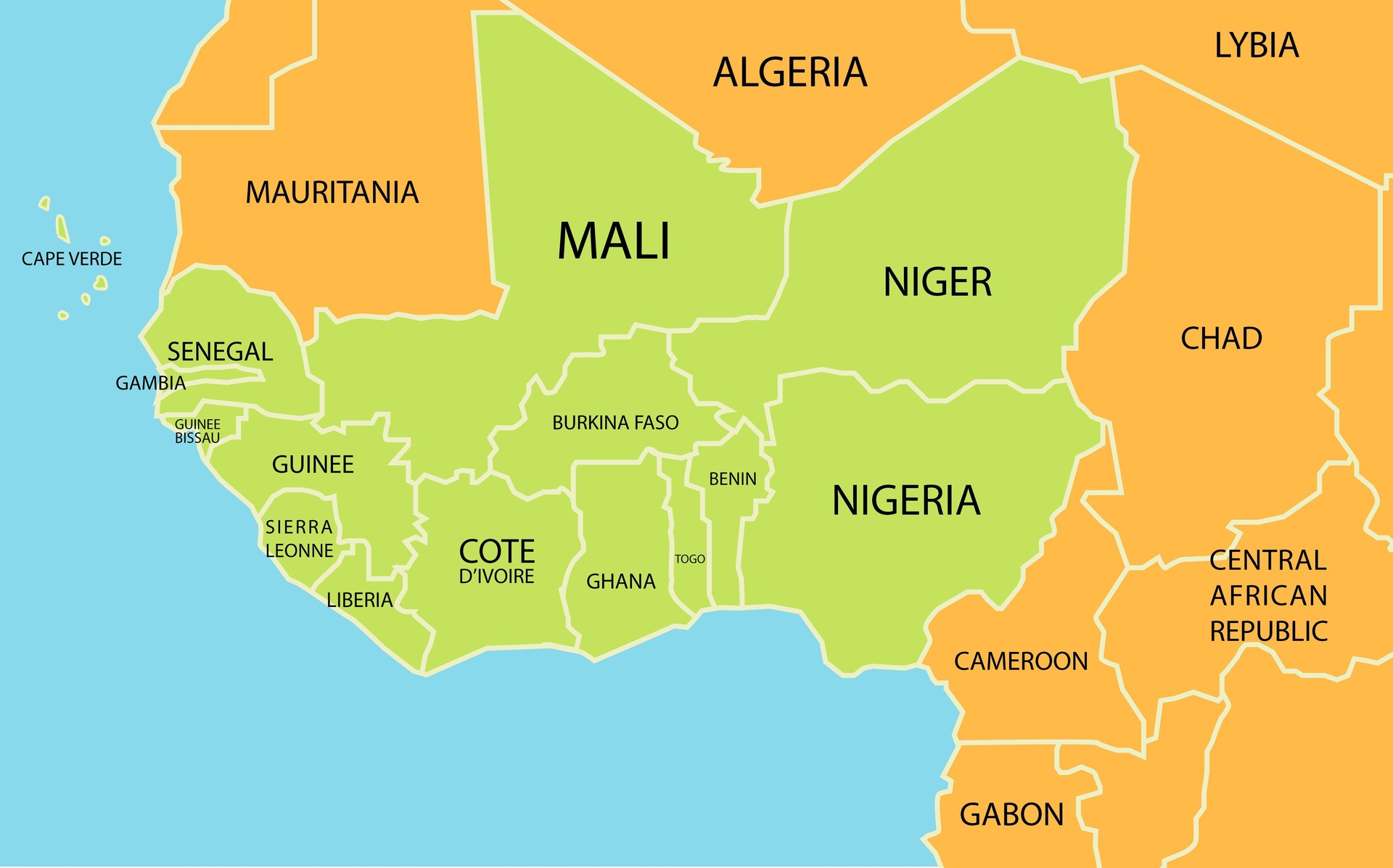
Burkina Faso, Mali, and Niger announce their withdrawal from the Economic Community of West African States
In a joint statement released on Sunday, the military regimes of Burkina Faso, Mali, and Niger declared their immediate withdrawal from the Economic Community of West African States (ECOWAS), citing concerns that the organization had become a threat to its member states.
The leaders of the three Sahel nations emphasized that the decision to leave ECOWAS was a "sovereign" one and was to be implemented "without delay." The strained relationship between the regimes and ECOWAS had been exacerbated since coups occurred in Niger last July, Burkina Faso in 2022, and Mali in 2020.
Despite being founding members of ECOWAS in 1975, all three nations were suspended from the organization. Niger and Mali faced severe sanctions as ECOWAS aimed to expedite the return of civilian governments through elections.
The military regimes criticized the sanctions as an "irrational and unacceptable posture" at a time when they claimed to be taking control of their destinies through the coups that ousted civilian administrations. In recent months, Burkina Faso, Mali, and Niger strengthened their collaboration, forming an "Alliance of Sahel States."
In their joint statement, the leaders accused ECOWAS of deviating from its founding principles, becoming a threat to member states and their people, and failing to assist in addressing the violence that swept through Mali, Burkina Faso, and Niger.
Economically, the withdrawal of France, a significant player in the region, has created a void that Russia is filling both militarily and politically. The French army's departure from the Sahel has sparked concerns about potential economic repercussions, as it could impact trade and stability in the region. This has raised alarms about the potential spread of conflicts southward to Gulf of Guinea states, including Ghana, Togo, Benin, and Ivory Coast.
Niger's prime minister, appointed by the regime, criticized ECOWAS for "bad faith" after the bloc largely ignored a planned meeting in Niamey. Niger, facing economic and financial sanctions from ECOWAS after a military coup, sought a platform to address differences with fellow member states. Meanwhile, Mali's ruling officers, led by Colonel Assimi Goita, postponed elections from February to an unspecified date, and Burkina Faso, under Captain Ibrahim Traore since Sep. 2022, prioritizes combating insurgents while planning elections for this summer. The economic implications of these political shifts are yet to unfold, adding a layer of uncertainty to the region's economic landscape.
Source:Newsroom